gaming
iGaming goes to war with video gaming industry
Oulala CEO Valery Bollier made some surprising remarks regarding the future of the iGaming sector during his recent speech at the industry event in Monaco.
Bollier, CEO and Co-founder of an award-winning Daily Fantasy Football B2B provider, recently visited the principality on the French Riviera where he spoke at the World Gaming Expo.
He explained that there seems to be a significant dissonance between what the industry wants the customers to desire and what the customers and potential clients are actually looking for: ”Over the last 4 years, Oulala has directed its attention exclusively towards understanding the exact needs of these new generations, often referred to as millennials. We have learnt, first and foremost, that they want skill games.”
He went on to explain that if one has gone spent their childhood and teen years playing incredible skill games on their consoles, then, chances are, they are entirely hooked on skill games. Unsurprisingly, adulthood spawns the desire to play with real money, the latter upping the stakes in a way that makes the game more exciting. ”The question that remains is why someone would choose to go for games of luck instead, a question that strategists often tend to disregard. The conclusion they settle on is that what worked for older generations will also work for the younger ones. What this notion neglects to take into account is that the older generations were raised before the first Atari console was launched in 1982. Any CTO would classify this as a ‘fatal error’.”
Bollier revealed another important lesson that he and his team have learned from their customers: they want social games. ”Fortunately, there appears to be a general consensus over this fact,” he said. ”Nevertheless, it is crucial that one acknowledges the disparity that may exist between what we want to give customers and what they are actually expecting. We may be eager to offer them social luck games, purely because it is simpler for us to create, however, they actively pursue real social games that would guarantee bragging rights upon victory. The satisfaction that comes with luck games cannot be compared to the bragging satisfaction that a skill game would provide. It is for this reason that social games started out on skill games and should remain that way.”
Bollier also pointed out that optimal graphic design and gameplay are a must if we want to attract millennials: ”Considering the past 15 years of experiencing video games that cost between $50 million and $300 million to build, it comes as no surprise that the level of expectation with regards to graphic design and gameplay would skyrocket.” He added that the iGaming sector is at least 20 years late in the game and until it commits to investing an extensive amount of funds towards game development, then it will be wedged at a position that is far removed from what the customers expect from it.
Bollier believes that none of the iGaming sector’s traditional products have been responding to any of the three aforementioned needs. Most do not even commit to a single one.
”A new market is flourishing and growing fast, yet the iGaming sector, which would be the ideal industry to fill the gap, seems reluctant to do so. Vacuums tend to be short lived and this void will indubitably be colonized by another industry before long: the video gaming industry.”
According to Bollier, the start of the 1980s saw an explosion of growth in the video game industry after targeting young children and teenagers. After having done such an excellent job, the industry enjoyed great longevity where customers continued playing throughout their teenage years and the average age of gamers is now 35 years (30 in 2012). Surprisingly, those potential customers who are still hesitant to dip their toes into our industry are already their customers. It is very likely that their next step will be to offer the one thing that they are not currently providing, that is, a real money based experience.
”While a lot of this may appear to be set in stone, I still believe that a number of major iGaming groups as well as a few influential casino brands have the financial resources to fight this battle and attain a possible leading position in this upcoming market. As it is, to win a war, one must first acknowledge that there is one at all.”
About Valery Bollier
Valéry Bollier has twelve years of experience in the media and online marketing as well as fifteen years of experience within the iGaming industry. He is the shareholder and former CMO of ZEturf (20% of the French online horse racing market) and Co-founder/CEO of Oulala, the first B2B Fantasy football game based on European football. In 2016, Oulala was presentedwith the best Daily Fantasy Football Game award. Bollier is also a private investor and a regular speaker at industry conferences and seminars, as well as a contributor to various B2B publications. In 2016, he was presented with the ”Tech ambassador of Malta” award as well as ”iGaming Idol” (in the category ”Data & Business Intelligence”). In 2017 he was elected the ”ICE prophet”.
About Oulala
Oulala, a B2B-licensed fantasy sports provider, is the company behind an award-winning daily fantasy football management game launched in August 2013. Its highly innovative and advanced scoring system in fantasy football uses 70 different statistical criteria, which are then converted into fantasy points in real time accordingly. A monetised version of the site, launched at the end of 2015, is now used as a case study to present the efficiency of the game to future B2B partners. The latter may opt for a fully customised solution with API, Iframe and Turnkey delivery.

gaming
Disparities in Brazilian Gambling Market Expose Socioeconomic Inequities
The Brazilian gambling market is a dynamic and ever-growing industry that attracts individuals from various socioeconomic backgrounds.
However, a closer analysis of the market by ENV Media reveals significant disparities, highlighting how certain segments of society are overrepresented while others are underrepresented. This article examines the distribution of active real money gamblers across different household brackets in Brazil and sheds light on the underlying socioeconomic inequities that contribute to this phenomenon.
The Overrepresentation of A-Level Households
Comprising only 2.9% of Brazilian households, A-Level households surprisingly make up 12% of the Brazilian gambling market. This overrepresentation raises questions about the factors driving individuals from these households to engage in gambling activities more frequently compared to their counterparts in other socioeconomic groups.
It suggests that A-level households may have a higher disposable income or a greater inclination towards risk-taking behaviour, making them more prone to participating in gambling activities.
B1-B2 Households are Overrepresented yet Underrepresented
While B1-B2 households constitute 21.8% of the Brazilian population, they make up a striking 40% of active real money gamblers in the country. This disparity indicates that individuals from B1-B2 households are significantly overrepresented in the gambling market compared to their representation in the general population. It implies that this particular socioeconomic group might have easier access to gambling opportunities or possess higher discretionary income, allowing them to participate more actively in the industry.
C1-C2 Households Have Near Representation
In contrast to the overrepresentation of A-level and B1-B2 households, C1-C2 households demonstrate a nearly proportionate presence in the Brazilian gambling market. Comprising 47.4% of the Brazilian population, they account for 48% of active real money gamblers. This alignment between the population distribution and the gambling market participation suggests that individuals from C1-C2 households are engaging in gambling activities in line with their demographic representation.
Socioeconomic Factors at Play
The observed disparities in the Brazilian gambling market can be attributed to several underlying socioeconomic factors. A-level households, characterized by their higher income and potentially greater disposable wealth, may find gambling more accessible due to their financial resources. B1-B2 households, although overrepresented, may face financial constraints that prevent them from participating more actively. However, their higher representation could indicate the allure of gambling as a potential means to improve their economic situation.
The overrepresentation of certain socioeconomic groups in the Brazilian gambling market underscores existing inequalities within the country. It highlights disparities in income distribution, access to disposable income, and opportunities for upward mobility. Such imbalances can perpetuate a cycle of socioeconomic disadvantage, as individuals from lower socioeconomic backgrounds may be lured into gambling as a means to attain financial stability or escape their circumstances, further exacerbating their vulnerability.7JP
Addressing Socioeconomic Inequities
To address the disparities in the Brazilian gambling market and reduce socioeconomic inequities, a multifaceted approach is needed. Firstly, initiatives should focus on enhancing financial literacy and providing support to individuals from lower socioeconomic backgrounds, equipping them with the knowledge and tools to make informed decisions about gambling.
One aspect that ENV Media has been working hard on pushing through its new casino brand, 7JP.com, is to focus heavily on responsible gambling practices. According to ENV Media’s COO, Shane Hand, it’s of vital importance that any and all brands that enter the Brazilian market have this front of mind.
“Previously, we have worked extensively in the Indian gambling market and one thing that become very clear is that it is of utmost importance to safeguard players, especially those who fall into the lower wage earning brackets. These individuals are the most vulnerable to developing unsustainable gambling habits. It’s extremely important that brands considering entering the Brazilain market focus on promoting awareness campaigns and implementing stringent regulations to protect such people”
Conclusion
The overrepresentation of A-level and B1-B2 households in the Brazilian gambling market, coupled with the near-representation of C1-C2 households, sheds light on the socioeconomic inequities that persist within the country.
While A-level households and B1-B2 households are overrepresented, this indicates that certain socioeconomic factors, such as income and accessibility, play a role in shaping gambling behaviours.
Recognizing and addressing these disparities is crucial to fostering a more equitable society and ensuring that gambling remains a form of entertainment rather than a path to socioeconomic distress for vulnerable individuals.
event
Login Casino is drawing tickets for Russian Gaming Week!
Login Casino is the media-gambling sponsor of the most anticipated event for all the stakeholders of gaming industry in Russia in 2018 – XII International gambling-entertaining exhibition forum Russian Gaming Week. The event will be held on 7-8 June in Moscow.
Russian Gaming Week is a global platform where the gaming industry “heavyweights” will gather in order to discuss the most important aspects of the sector: betting influence on eSport promotion, gaming zones development in Russian Federation, experience of Russian and foreign casinos, bitcoin and its benefits for gambling, usage of chat-bots in gambling and many other topics.
On this occasion, Login Casino has prepared presents for its readership. The online magazine is drawing two tickets for Russian Gaming Week 2018. Anyone can take part in the draw! In order to do this, one has to register on the landing-page of the magazine. The winner will be determined on June 1. Good luck!
EEG iGaming Directory
Yggdrasil partners with Snaitech
Yggdrasil Gaming has further extended its reach in Italy with a deal to provide content to leading Italian gaming operator Snaitech.
The agreement will give Snaitech, leader in betting retail, access to award-winning Yggdrasil titles certified under Italian regulations. Snaitech will receive Yggdrasil’s collection of in-game promotional tools, BOOST™ and social sharing tool BRAG™, enabling the operator to increase and complete its online casino offer.
Yggdrasil CEO Fredrik Elmqvist, said: “To agree a deal with Snaitech, one of the most respected names in European gaming, shows that our approach is being welcomed by both operators and players in Italy.
This partnership with Snaitech is the latest step in Yggdrasil’s ambitious plans for the Italian market.”
Snaitech CEO Fabio Schiavolin said: “We always work to offer our customers the best selection of content available. So it is with great pleasure that we are able to add Yggdrasil games to our offering. The new titles, the promotional infrastructure and above all the smart approach of Yggdrasil team, will add a further innovative boost to provide a complete, safe, engaging and entertaining gaming experience to our customers.”
Yggdrasil plans to have more than 30 games certified for the Italian market during 2018.
-

 Latest News2 months ago
Latest News2 months agoFairplay Exchange signs as new sponsor of Stephen Hendry’s Cue Tips
-

 Latest News2 months ago
Latest News2 months ago2 PEOPLE CAUGHT OPERATING ILLEGAL ONLINE GAMING SITE
-

 Latest News3 months ago
Latest News3 months agoWazdan partners with 711.nl for significant expansion in the Netherlands
-

 Latest News3 months ago
Latest News3 months agoPlaytech Extends Partnership with BoyleSports Until 2028
-

 Latest News3 months ago
Latest News3 months agoOneCasino Partners with Delasport to Also Conquer Sports Betting in the Netherlands
-

 Latest News2 months ago
Latest News2 months agoStarGames Named Premium Partner of the International ADAC Truck Grand Prix 2024
-
Latest News2 months ago
Casino Crypto Giant Bitline Partners with Ciphertrace for Enhanced Compliance in Digital Asset Transactions
-

 Latest News2 months ago
Latest News2 months agoEuropean Gaming Q1 2024 Meetup: Exploring Innovation, Marketing, and the iGaming Industry Hubs



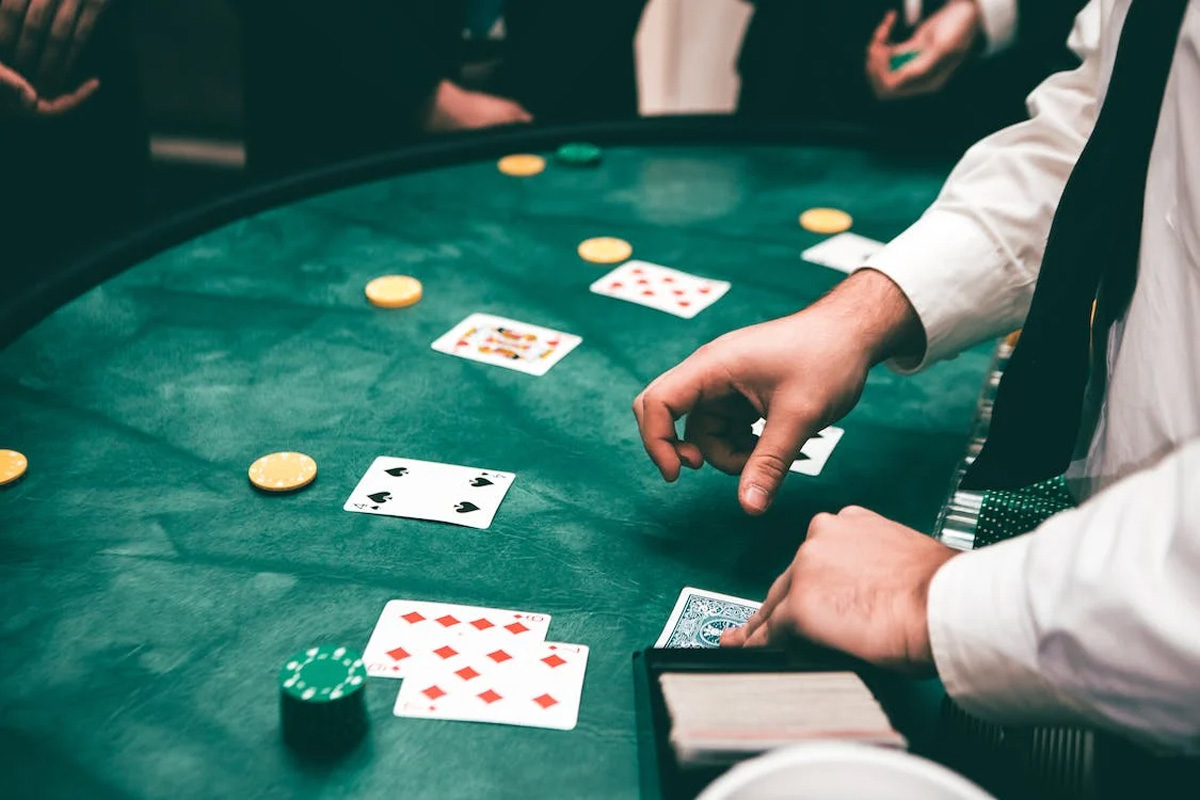
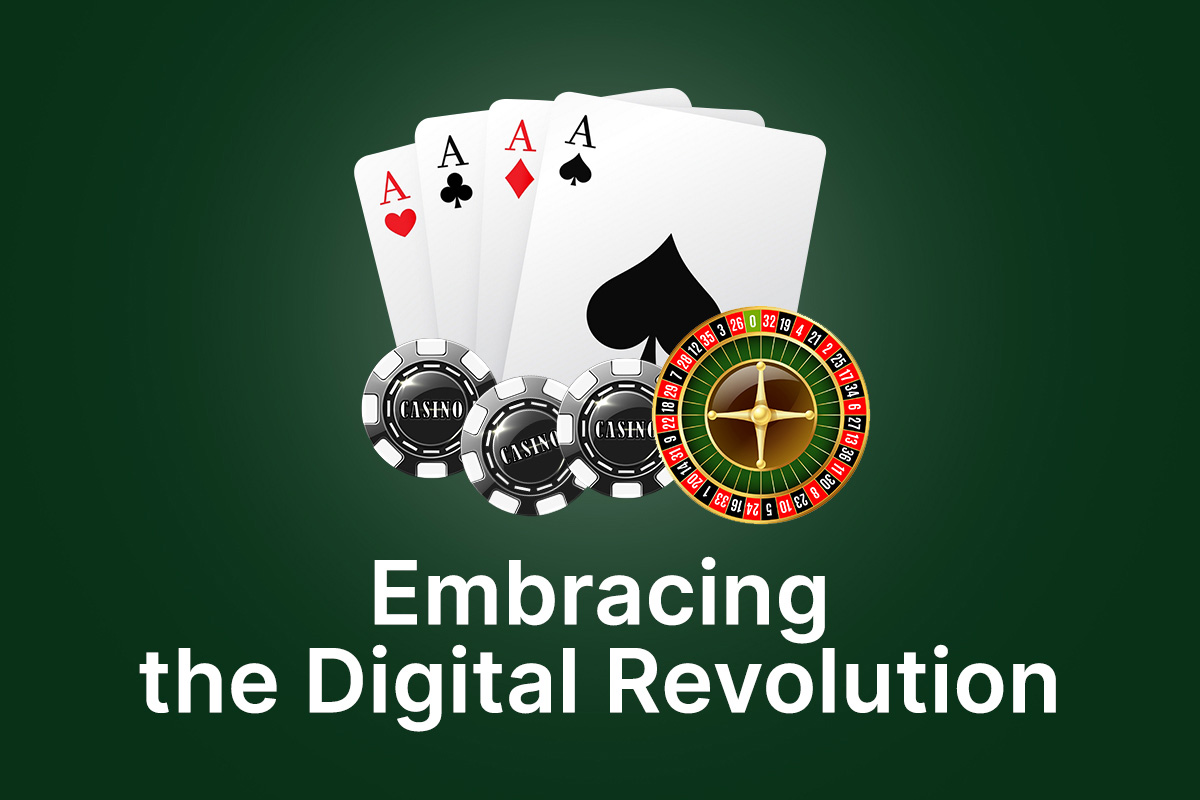
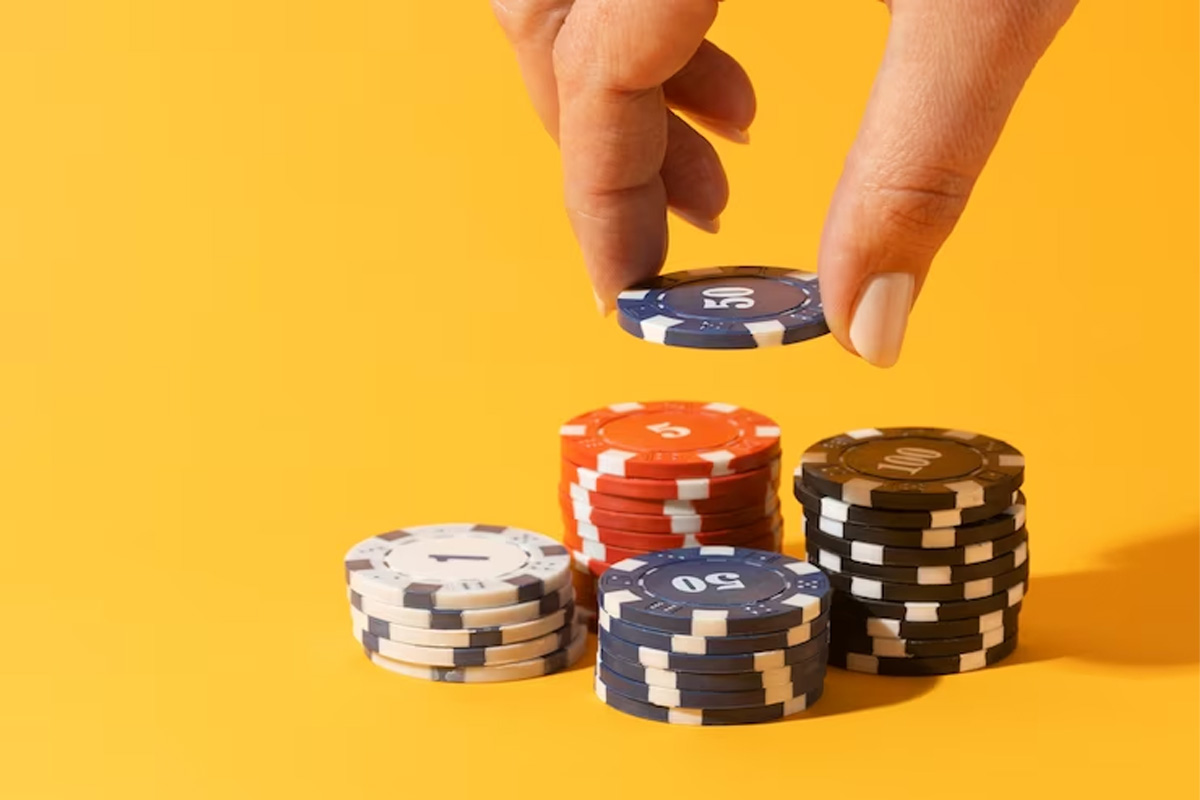

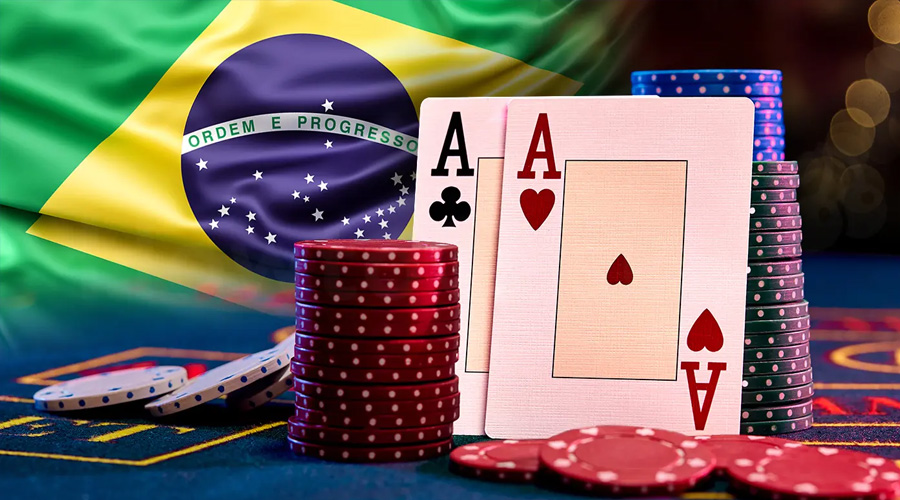






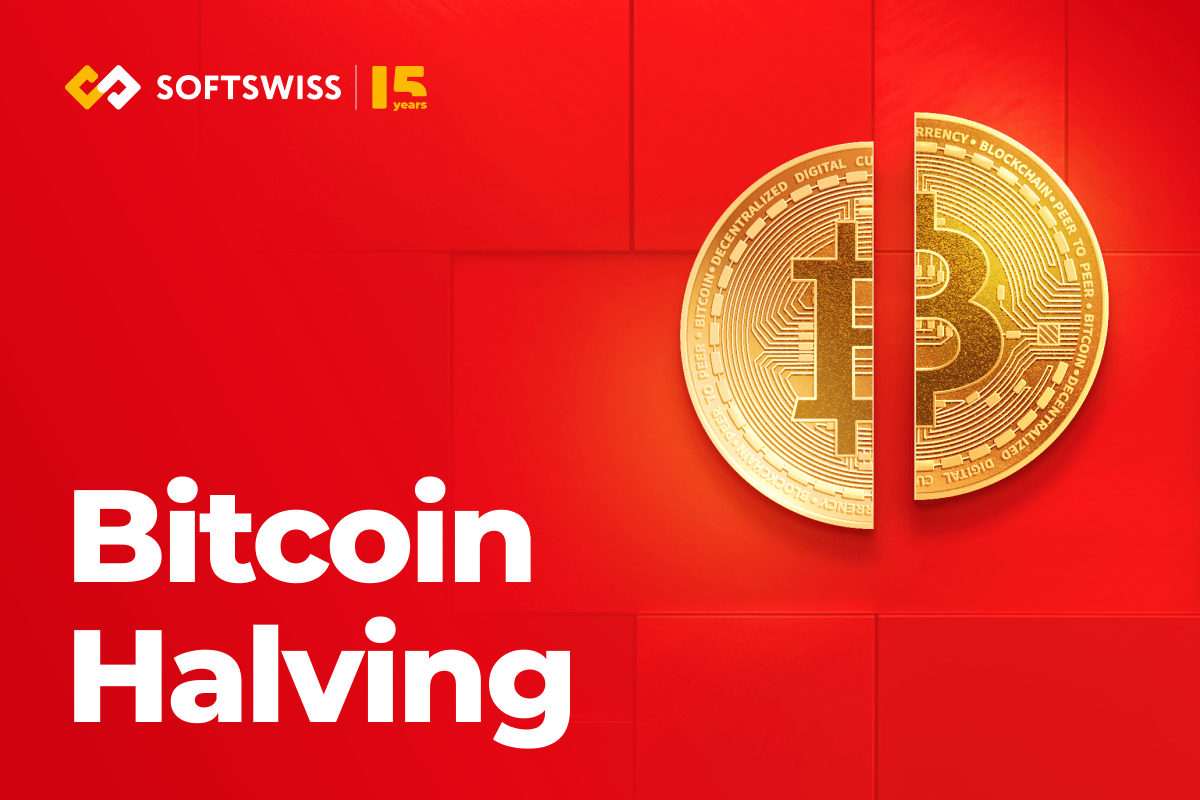

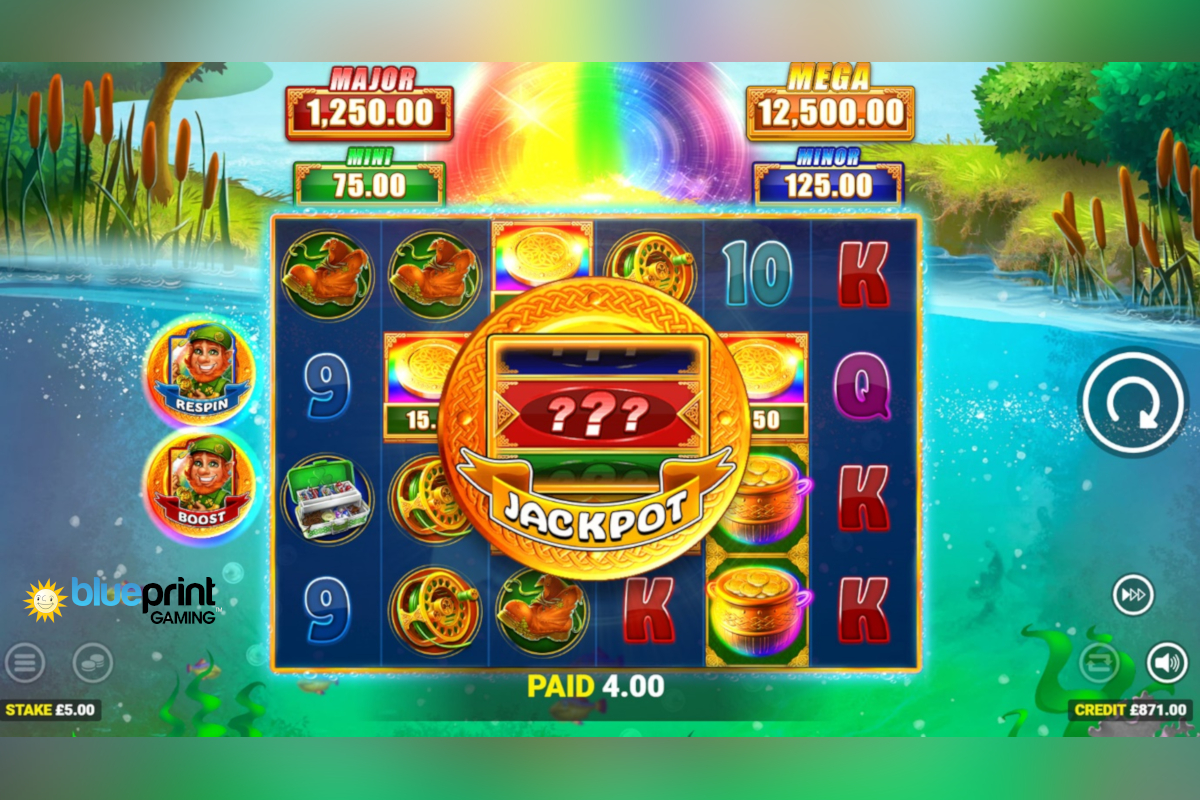
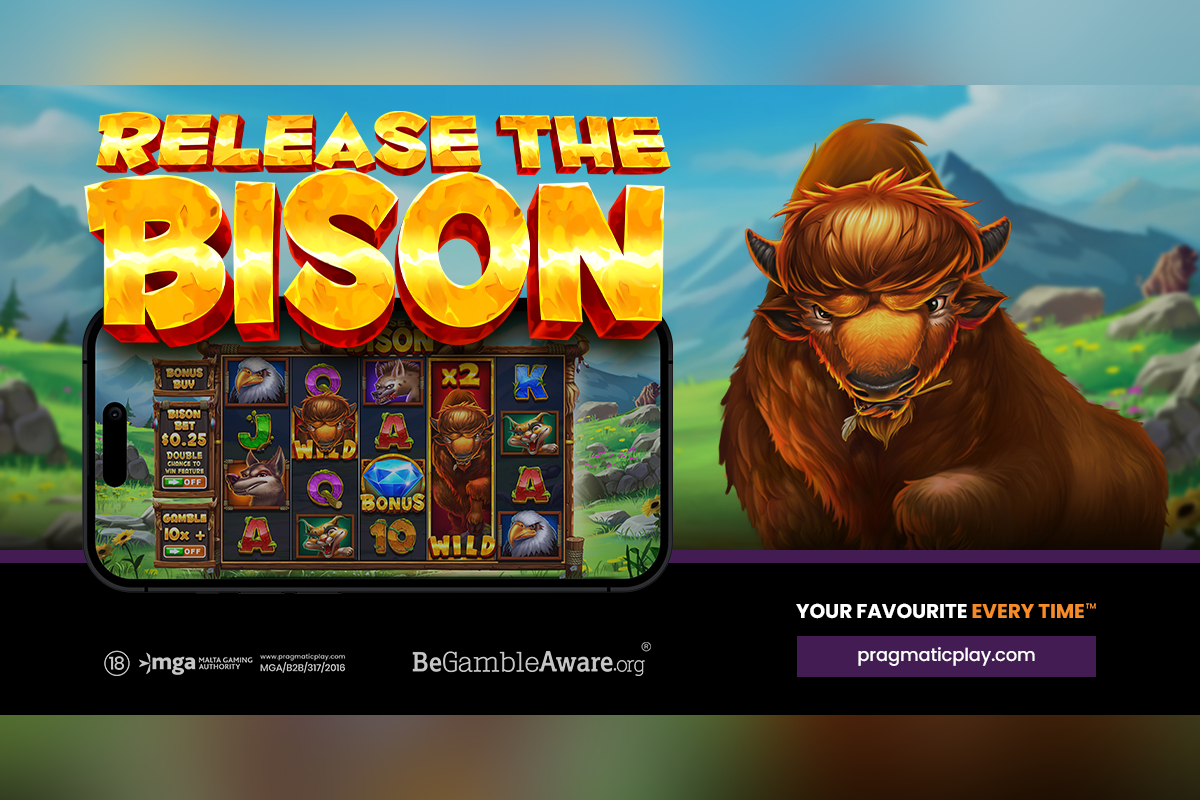
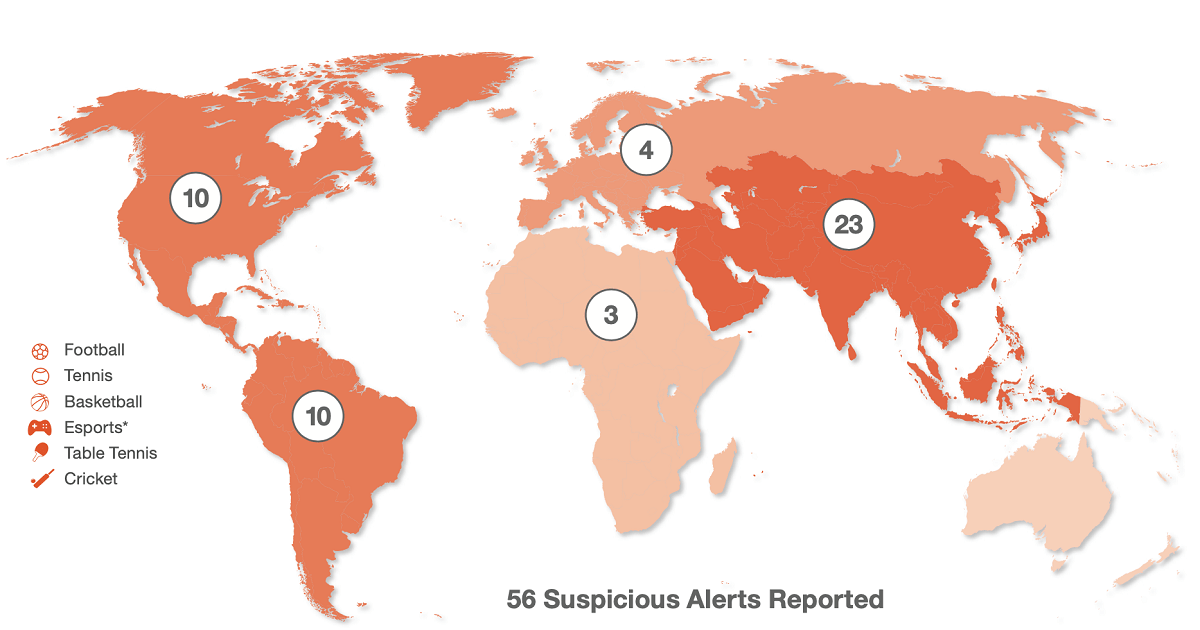
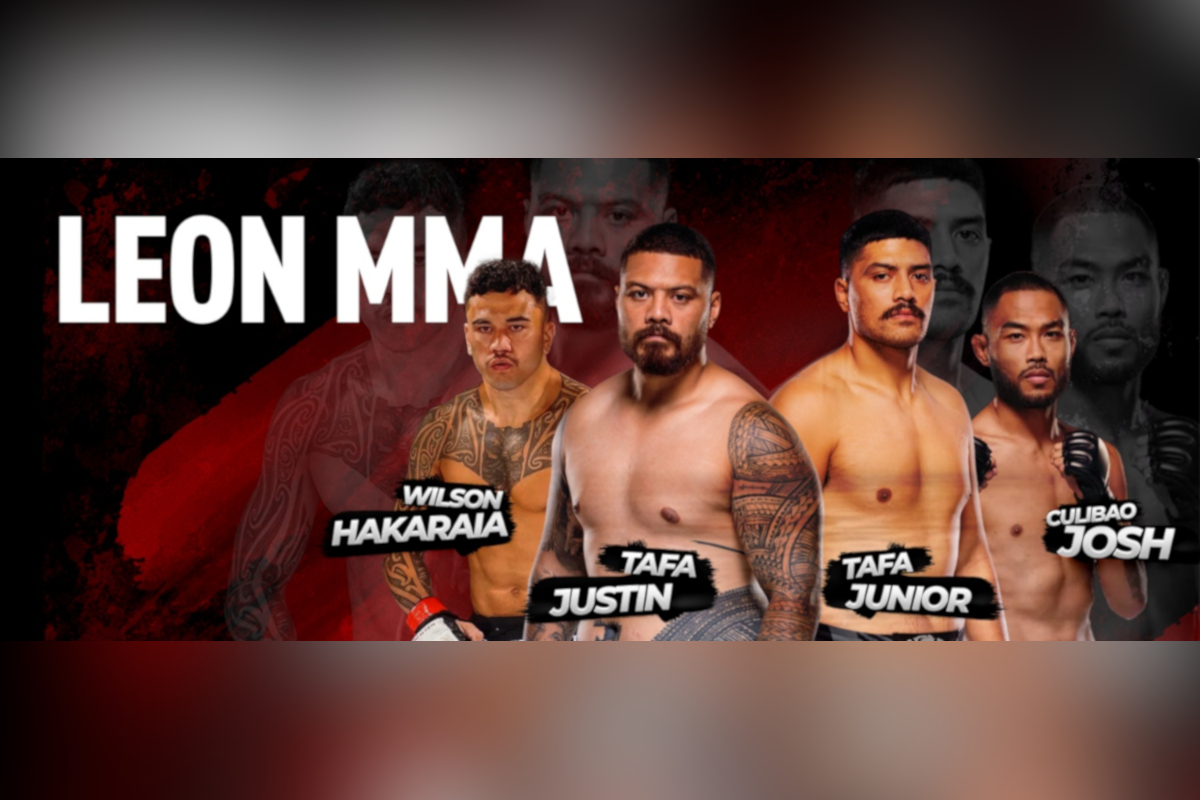
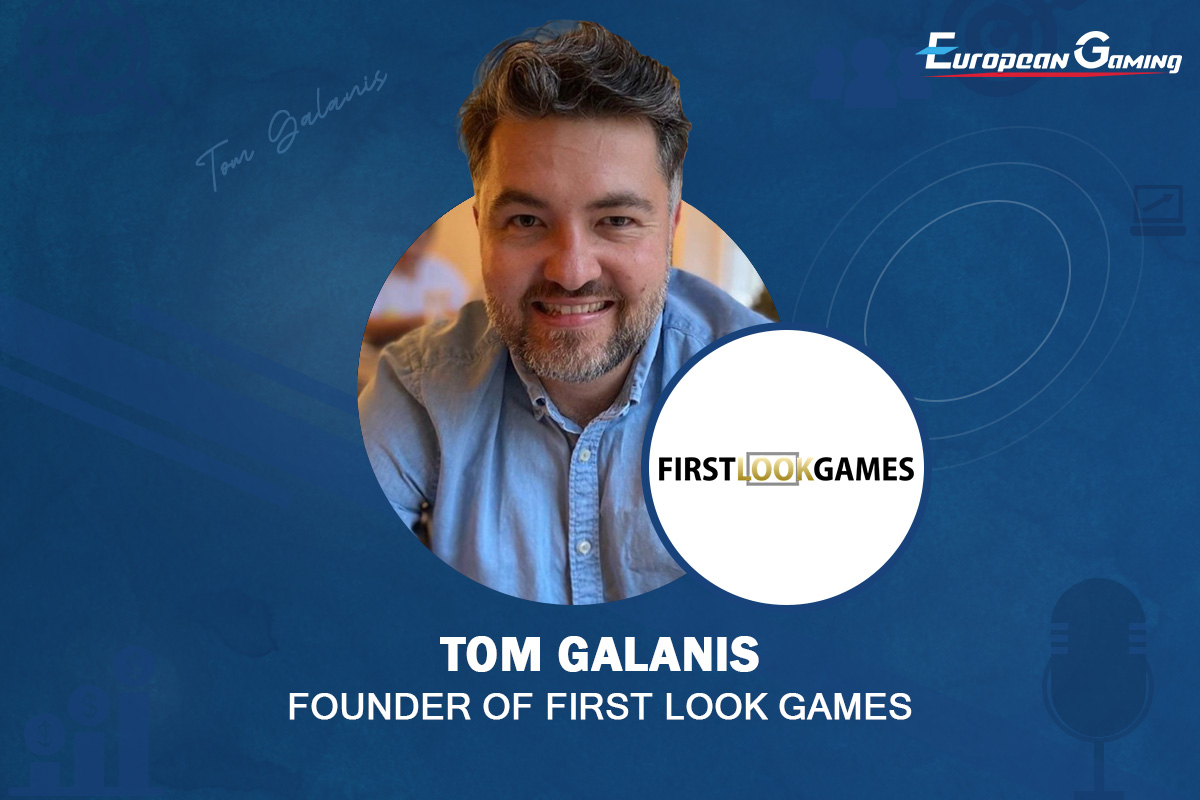
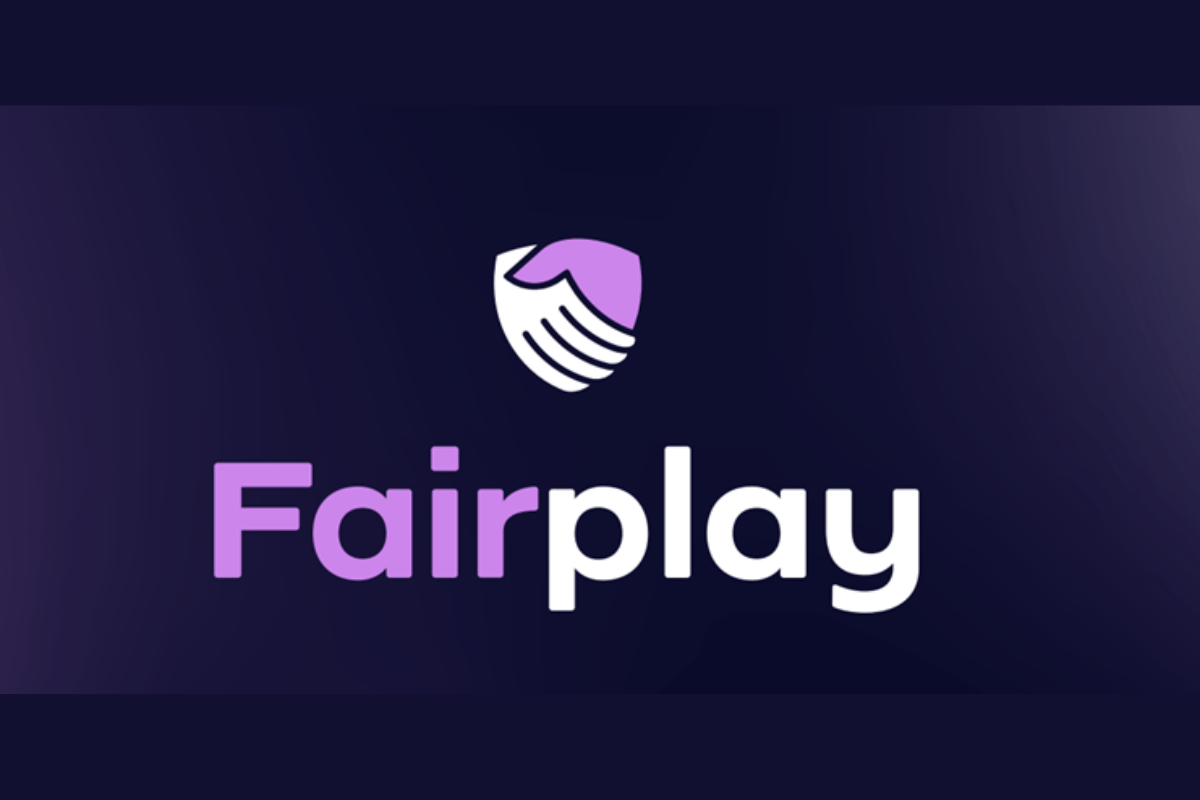
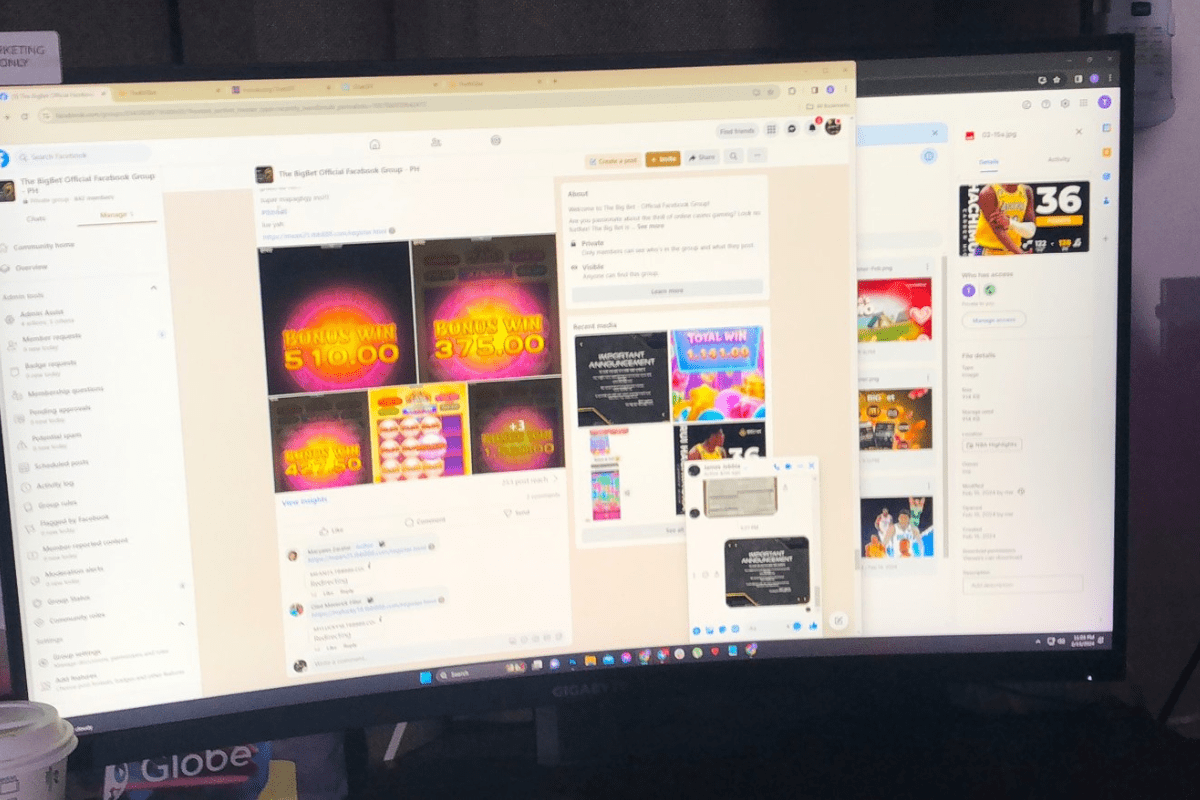
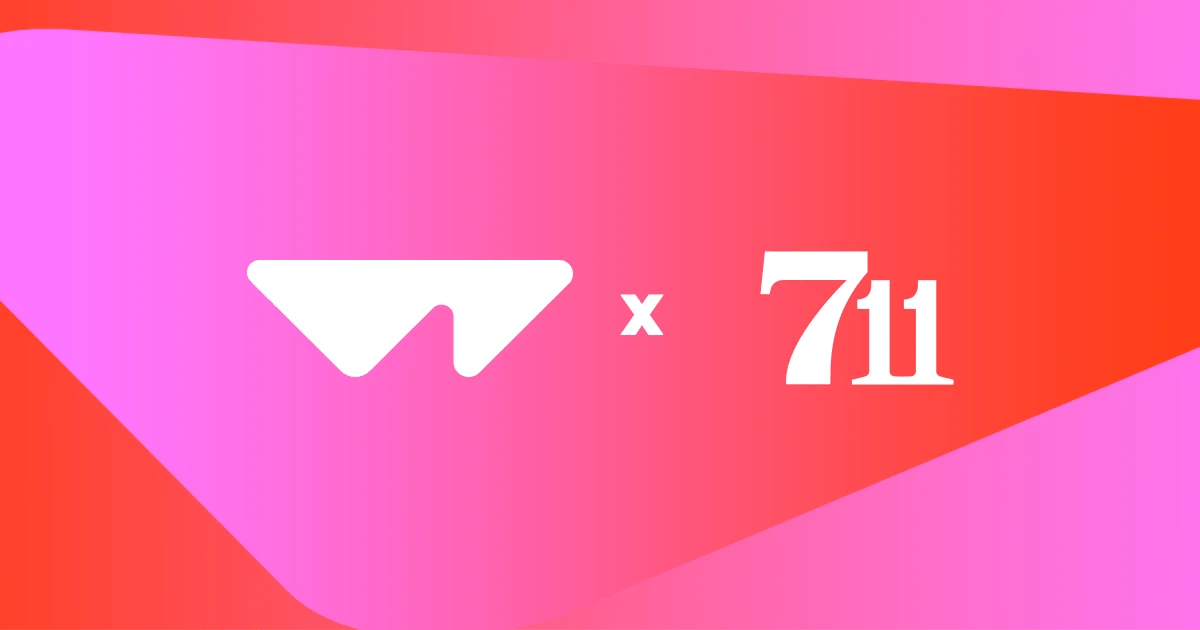
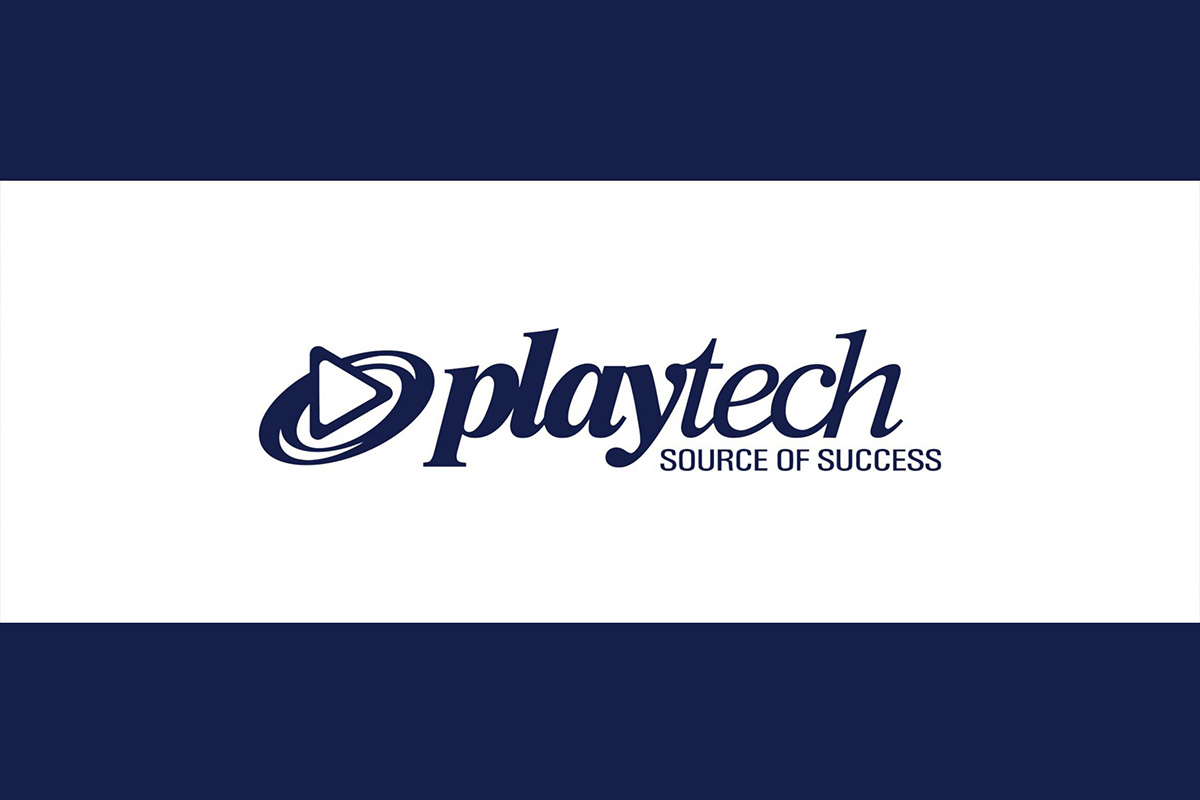

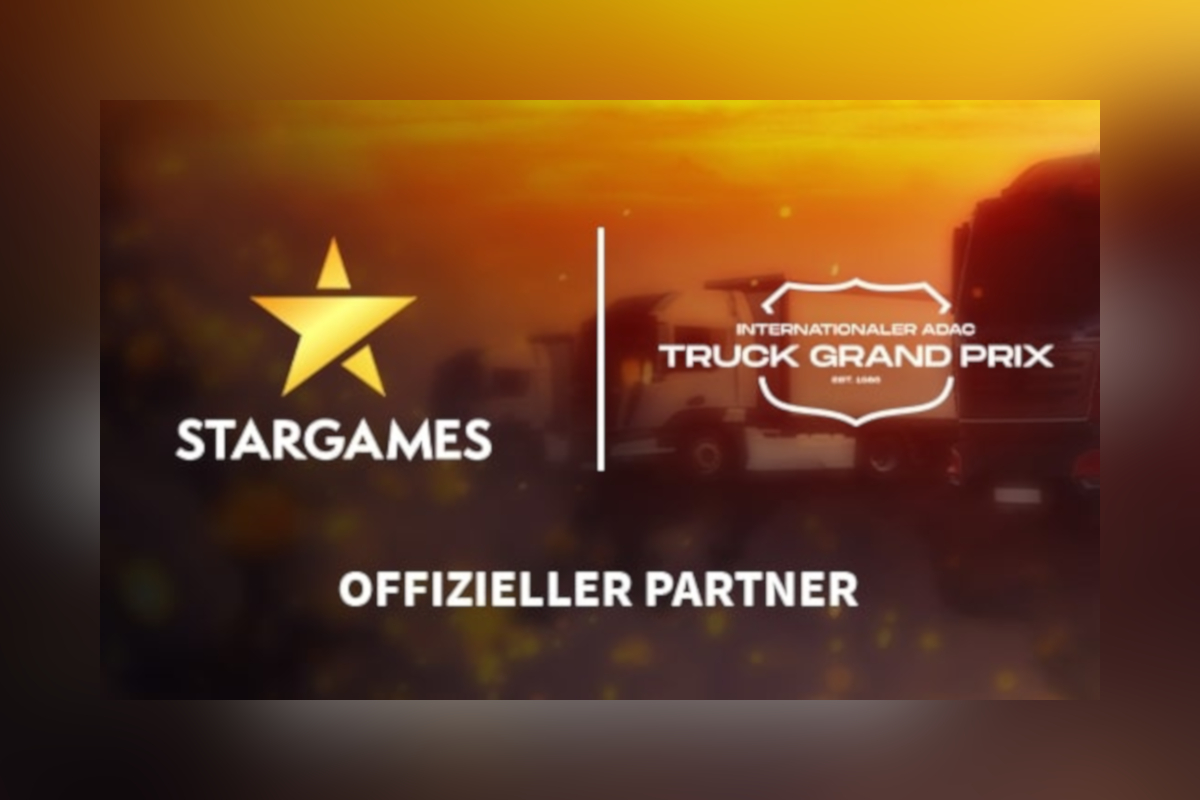
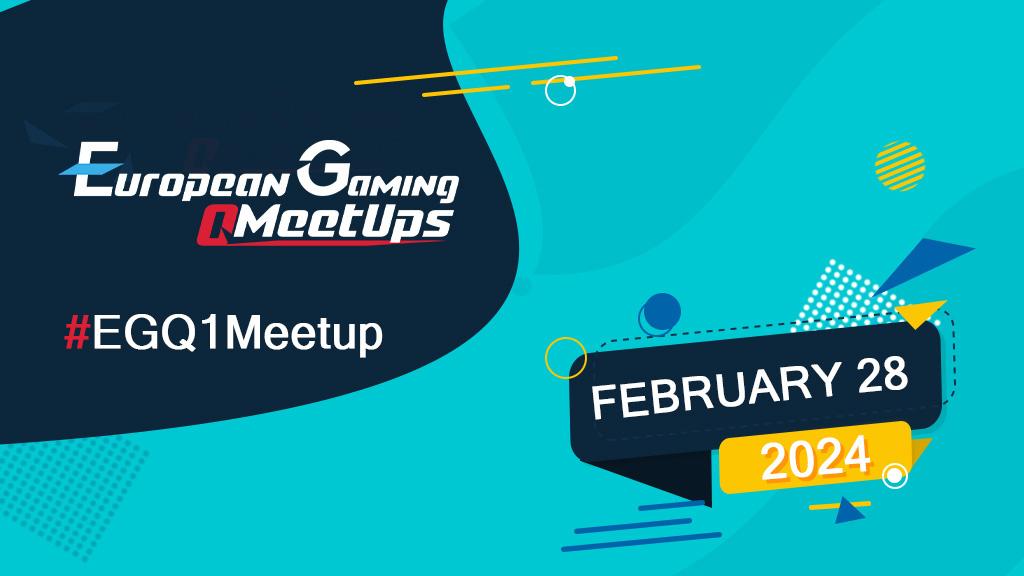
You must be logged in to post a comment Login